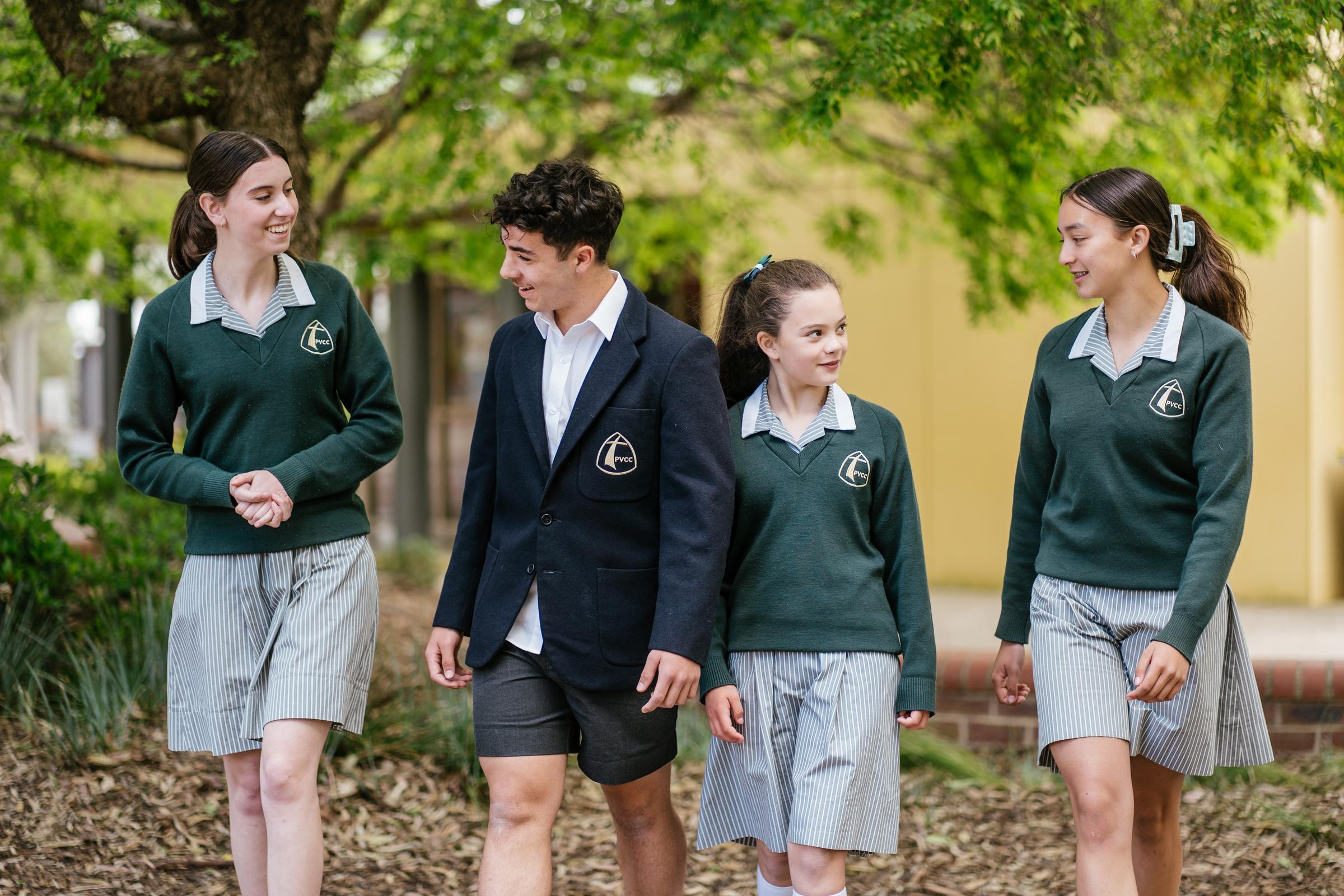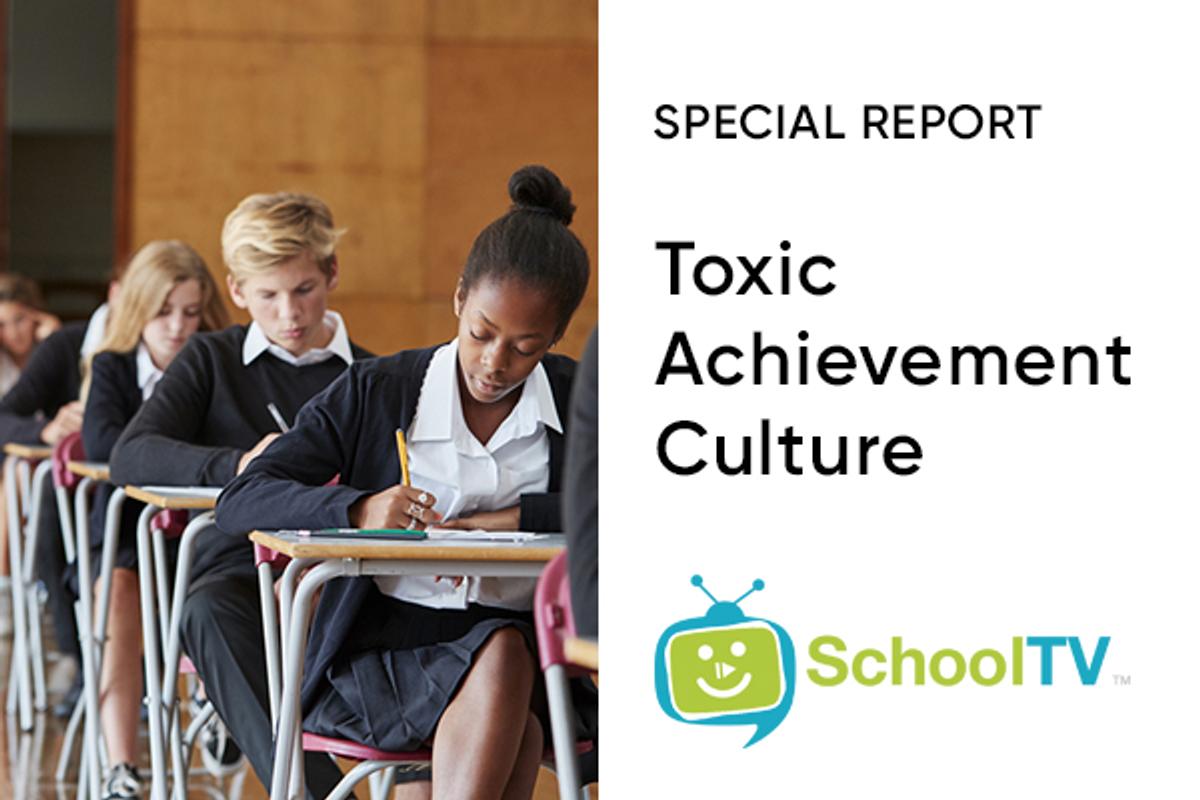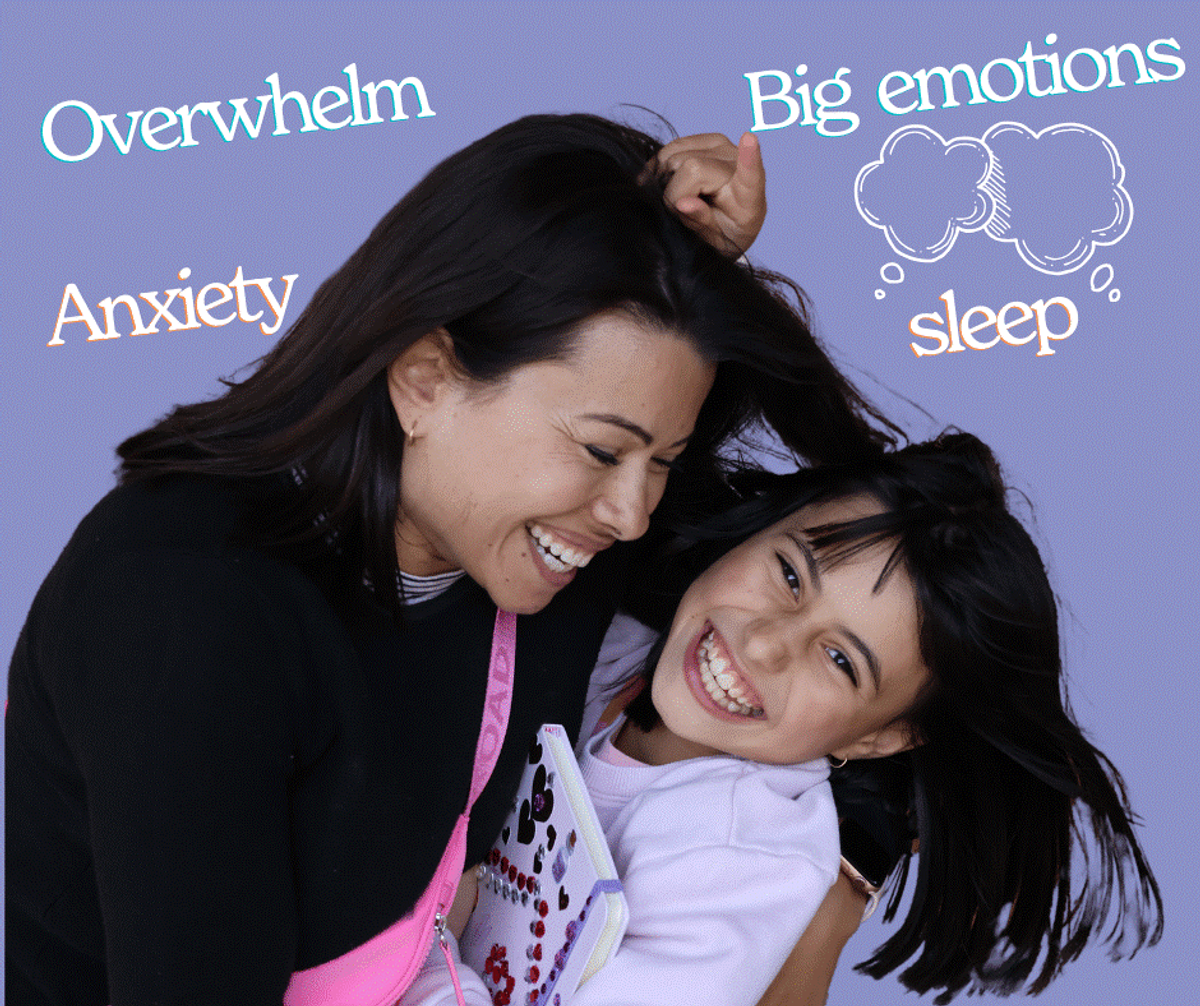Wellbeing

A SPECIAL REPORT: Toxic Achievement Culture
Toxic achievement culture is characterised by the entanglement of self-worth, achievement and the relentless pursuit of academic or extracurricular success - at any cost! This phenomenon goes beyond the mere quest for success. it embeds a belief in students that their merit is exclusively tied to their achievements, often propelled by intense external pressures from families, schools, and society.
Some students are overfilling their schedules with activities aimed at "getting ahead". However, the consequences are proving to be detrimental on students' mental and physical health resulting in burnout and heightened levels of stress. This culture is also being aggravated by parental expectations, peer competition and a relentless comparison ethos often driven by social media.
There is nothing wrong with having ambition, but it's crucial to ensure that this desire doesn't push our young people into a toxic cycle of achievement and make them feel that they must achieve in order to matter. The relentless drive to excel is leading many students to prioritise accolades over genuine learning and personal growth, often at the expense of their own wellbeing and interpersonal relationships. As adult carers, we need to advocate for a more balanced and holistic approach to achievement, emphasising the importance of resilience, wellbeing, and the pursuit of diverse interests.
This Special Report will help you understand the signs of toxic achievement, and how to address them so as to teach students how to adopt a better work/life balance.
We hope you take time to reflect on the information offered in this Special Report, and as always, we welcome your feedback.
If you do have any concerns about the wellbeing of your child, please contact the school for further information or seek medical or professional help.
Here is the link to your special report:
https://pvcc.vic.schooltv.me/wellbeing_news/special-report-toxic-achievement-culture
Supporting your child through feelings of overwhelm 😱, anxiety, and sleep issues 😴
It’s only been a couple of weeks since our kids went back to school and already we are having daily conversations with parents who are sharing with us that their child is already overwhelmed by school.
It could be friendship issues that are playing out, loneliness at school because they have not yet connected with a group, the pressure of additional homework, not connecting with their new teacher…and the list goes on…😭
We understand how tough this is and that it puts additional stress on your family.
We want to make sure that this year is kinder to our kids. Navigating the complexities of preteen development, especially when it comes to managing overwhelm, anxiety, and sleep issues, requires a blend of science-backed strategies and compassionate parenting.
Beautiful Minds has been supporting Australian families for over 22 years and these are a few simple things we can do to help our kids thrive. 🫶
Understanding the Preteen Brain 🧠
First, it's crucial to recognize that the preteen brain is undergoing significant changes. Neuroplasticity, or the brain's ability to form and reorganize synaptic connections, is particularly high during this period. This means preteens are exceptionally receptive to learning new skills and habits, but it also makes them more susceptible to stress and anxiety.
Managing Overwhelm and Anxiety 🧘♀️
1. Structured Flexibility: Create a routine that provides a sense of security and predictability but be flexible. Overly rigid schedules can increase stress. Balance is key.
2. Skill Acquisition: Encourage your child to engage in activities that promote skill development, which can boost confidence and provide a sense of accomplishment. This could be anything from sports to music to coding. The dopamine release associated with learning and mastering new skills can counteract feelings of anxiety and give your child a sense of achievement which, boosts confidence.
3. Mindfulness Practices: Introduce daily, simple mindfulness exercises, such as deep breathing, creativity, or time in nature. These practices can activate the parasympathetic nervous system, reducing the body's stress response. This is the reason why all of our retreats are technology-free and hosted in really beautiful settings in nature. 👩🎨
Enhancing Sleep Quality 😴
Sleep issues in preteens can exacerbate feelings of anxiety and overwhelm. Here are some strategies to promote better sleep:
1. Consistent Sleep Schedule: Encourage a regular sleep-wake cycle, even on weekends. This consistency helps regulate the body's internal clock, improving sleep quality.
2. Limit Screen Time: Exposure to blue light from screens can interfere with melatonin production, making it harder to fall asleep. Implement a "screen curfew" two hours before bedtime.
3. Pre-Sleep Routine: Develop a calming pre-sleep routine to signal to the brain that it's time to wind down. This could include reading, journaling, using essential oils, stretching, or listening to soothing music.
4. Optimize the Sleep Environment: Ensure the bedroom is conducive to sleep—cool, dark, and quiet. Consider using blackout curtains and white noise machines if necessary. Make your child’s space look beautiful and feel peaceful.
Fostering Open Communication 🗣️
Maintaining an open line of communication is essential. Encourage your child to express their feelings and concerns without fear of judgment.
Validate emotions and let them know that it's okay to feel overwhelmed or anxious.
Sometimes, simply knowing that they're not alone in their feelings can significantly reduce a child's anxiety and help them process the internal chatter better.
Seeking Professional Help 🆘
If your child’s anxiety, overwhelm, or sleep issues persist despite your best efforts, it may be time to seek professional help. Remember, seeking help is a sign of strength and proactive parenting.
A note to all the parents doing their absolute best! 💜
As parents, your support and understanding during this critical developmental stage can make a profound difference in your preteen's mental and emotional well-being. By applying these neuroscience-informed strategies with warmth and empathy, you can help your child navigate the challenges of preteen years with resilience and confidence.
Remember, you're not alone in this journey, and the efforts you make today will lay the foundation for your child's healthy development into adolescence and beyond.
💕


